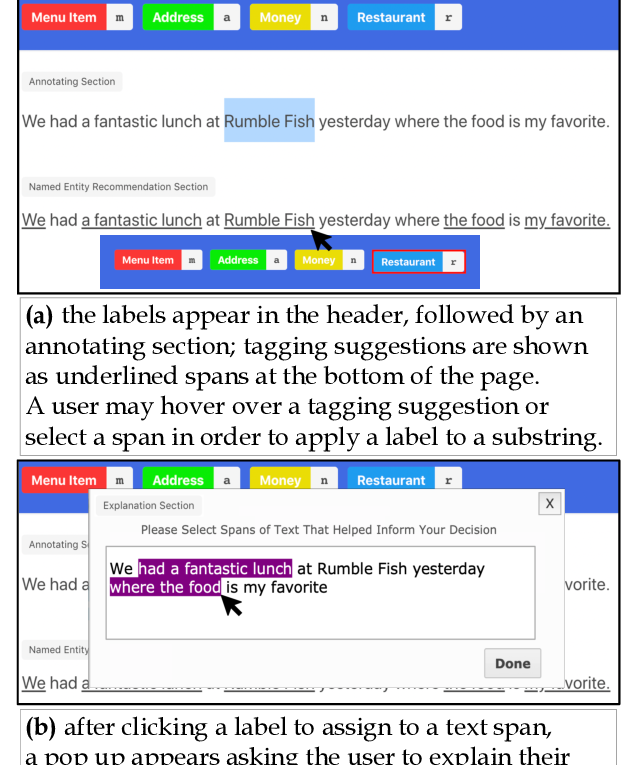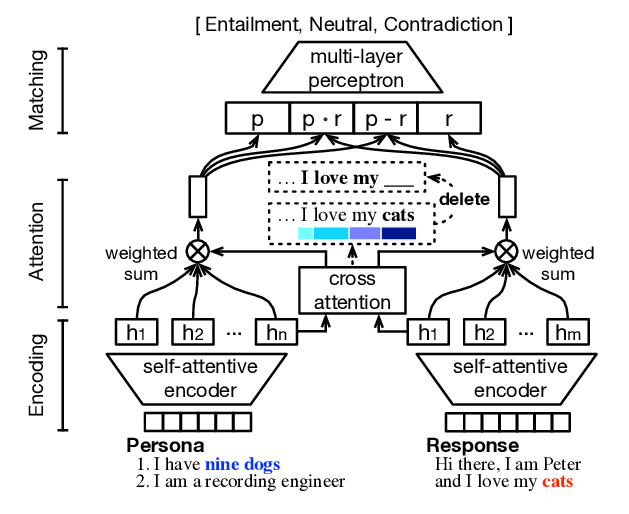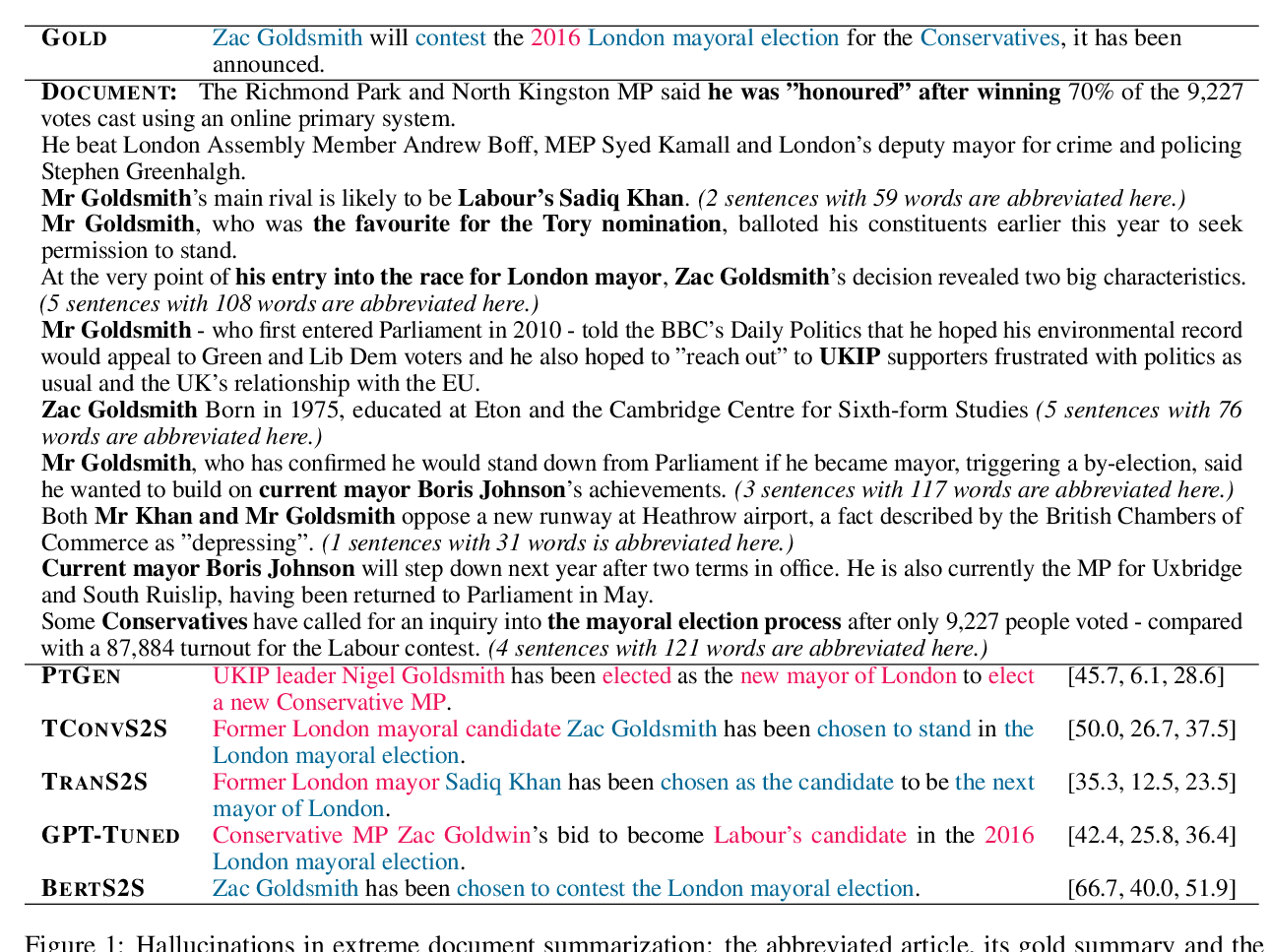Data Manipulation: Towards Effective Instance Learning for Neural Dialogue Generation via Learning to Augment and Reweight
Hengyi Cai, Hongshen Chen, Yonghao Song, Cheng Zhang, Xiaofang Zhao, Dawei Yin
Dialogue and Interactive Systems Long Paper
Session 11B: Jul 8
(06:00-07:00 GMT)

Session 12B: Jul 8
(09:00-10:00 GMT)

Abstract:
Current state-of-the-art neural dialogue models learn from human conversations following the data-driven paradigm. As such, a reliable training corpus is the crux of building a robust and well-behaved dialogue model. However, due to the open-ended nature of human conversations, the quality of user-generated training data varies greatly, and effective training samples are typically insufficient while noisy samples frequently appear. This impedes the learning of those data-driven neural dialogue models. Therefore, effective dialogue learning requires not only more reliable learning samples, but also fewer noisy samples. In this paper, we propose a data manipulation framework to proactively reshape the data distribution towards reliable samples by augmenting and highlighting effective learning samples as well as reducing the effect of inefficient samples simultaneously. In particular, the data manipulation model selectively augments the training samples and assigns an importance weight to each instance to reform the training data. Note that, the proposed data manipulation framework is fully data-driven and learnable. It not only manipulates training samples to optimize the dialogue generation model, but also learns to increase its manipulation skills through gradient descent with validation samples. Extensive experiments show that our framework can improve the dialogue generation performance with respect to various automatic evaluation metrics and human judgments.
You can open the
pre-recorded video
in a separate window.
NOTE: The SlidesLive video may display a random order of the authors.
The correct author list is shown at the top of this webpage.
Similar Papers
LEAN-LIFE: A Label-Efficient Annotation Framework Towards Learning from Explanation
Dong-Ho Lee, Rahul Khanna, Bill Yuchen Lin, Seyeon Lee, Qinyuan Ye, Elizabeth Boschee, Leonardo Neves, Xiang Ren,

uBLEU: Uncertainty-Aware Automatic Evaluation Method for Open-Domain Dialogue Systems
Tsuta Yuma, Naoki Yoshinaga, Masashi Toyoda,

Generate, Delete and Rewrite: A Three-Stage Framework for Improving Persona Consistency of Dialogue Generation
Haoyu Song, Yan Wang, Wei-Nan Zhang, Xiaojiang Liu, Ting Liu,

On Faithfulness and Factuality in Abstractive Summarization
Joshua Maynez, Shashi Narayan, Bernd Bohnet, Ryan McDonald,
